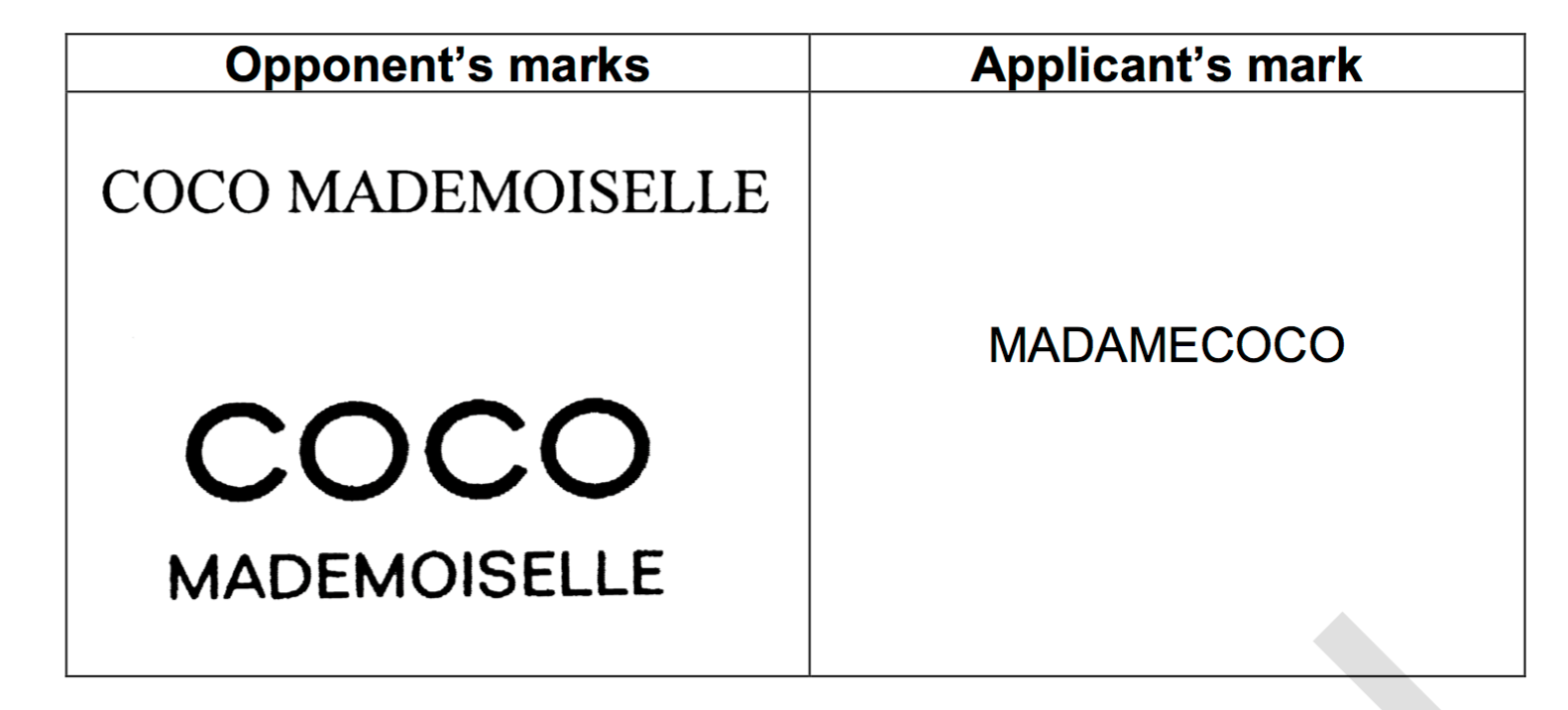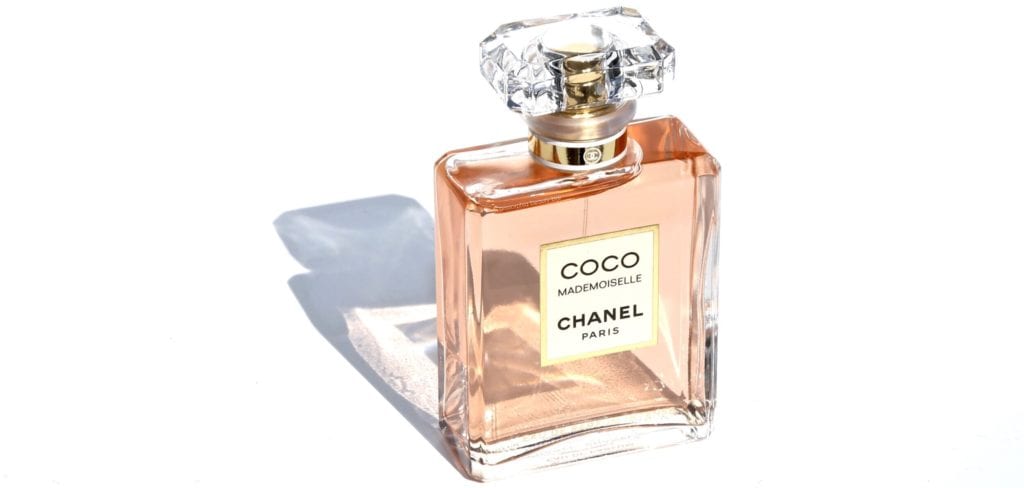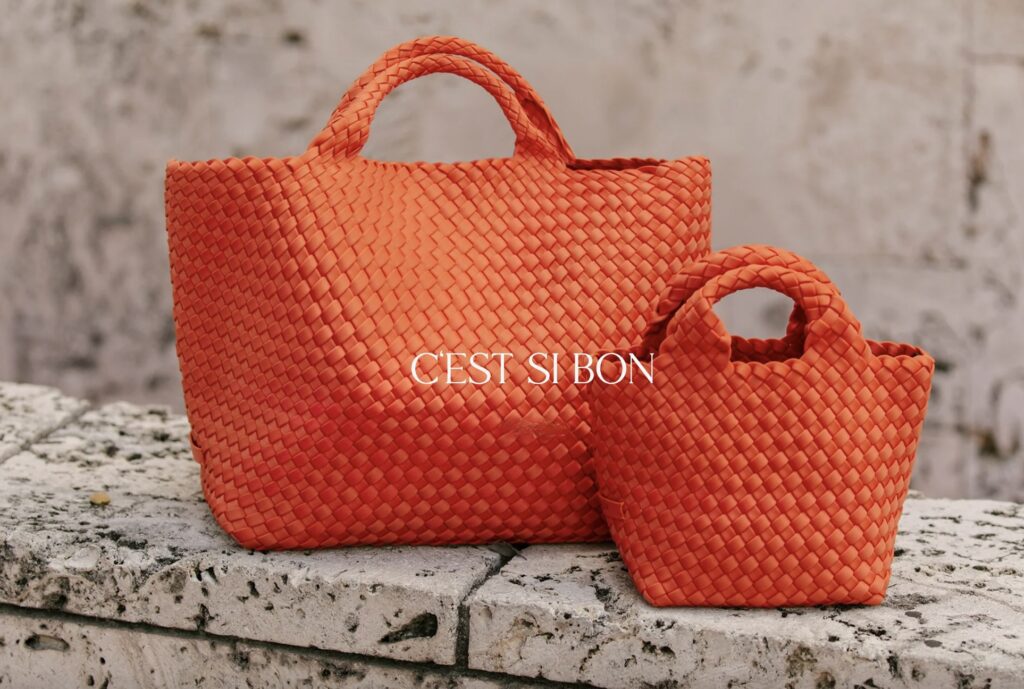Does the name MadameCoco make you think of Chanel? The Paris-based luxury brand certainly thinks it will, which is why its legal team attempted to block a pending trademark application for registration for the term in the United Kingdom. Unfortunately for Chanel, the UK Intellectual Property Office (“UKIPO”) sided with Madame Coco in a recent decision, thereby enabling the Turkish lifestyle and homewares company to move ahead with the registration process, and potentially add another one to its already long list of registrations for the mark across the globe.
In January 2018, a rep for Istanbul-headquartered Madame Coco applied to register “MadameCoco” with the UKIPO for uses including “retail services for manicure, pedicure, shaving, and personal beauty care [tools and products],” as well as “hair brushes [and] combs,” among other things. Displeased with the similarity between the pending mark and its “Coco Mademoiselle” mark, Chanel stepped in and opposed the registration. Legal counsel for the 110-year old fashion house argued that Madame Coco’s mark is too similar to its own “Coco Mademoiselle” mark, which was registered by the UKIPO in 2002 in connection with skincare and haircare products, including “soaps and perfumes.” (Trademarks are registered by individual classes of goods and/or services, after all).
Chanel argued that both its trademark and Madame Coco’s mark “consist of the element COCO and a French female form of address,” making “the level of conceptual similarity [between the two marks] especially high.” The likelihood of consumer confusion is heightened further, Chanel asserted, due to the well-known nature and reputation of the Chanel brand in the UK (among other countries) and also due to the fact that “Coco Chanel is the name of [Chanel’s] founder and, therefore, the COCO MADEMOISELLE mark has become intrinsically linked with [its brand.”
In addition to the significant chance that consumers would be confused into believing that there is a connection between the products/services of Madame Coco and Chanel when there isn’t, Chanel alleged that use and registration of the “MadameCoco” mark would “take unfair advantage of the reputation of [its] marks.” To be exact, such use and registration would enable the Madame Coco brand to “benefit from the substantial investment that [Chanel] has made into promoting its mark” and its famed fashion brand. (Chanel “confidentially” provided the UKIPO with figures corresponding with its annual advertising spending, and so, those figures were redacted in the IPO’s decision).
As such, Chanel asked the UKIPO to refrain from registering the “MadameCoco” mark. However, in an October 9 decision, the national trademark body refused to do. In his recent decision, as first reported by World Intellectual Property Review, Mark Bryant, the Principal Hearing Officer for Trade Marks Tribunal at the UKIPO, held that, among other things, the two parties trademarks and their products are not quite similar enough to warrant a ban on the registration of Madame Coco’s mark.

“Visually, both marks present as clearly including the element COCO … and both have a second element that share the same letters MAD_M at the beginning,” Mr. Bryant states in his decision. “There are also differences,” he says, though. For instance, “the words MADAME and MADEMOISELLE are of noticeably different lengths and are different words.”
In terms of the types of products claimed in Chanel’s registered mark and Madame Coco’s trademark application for registration, Bryant states that even with Chanel’s “strong reputation in respect of women’s perfume” and its less strong – “but still not insignificant” – reputation when it comes to women’s cosmetics/beauty “ancillaries,” there is still “a significant jump from women’s perfume to tools and apparatus for shaving, epilation, manicure etc.” There is even “a further leap,” he says, “to the retail of these tools and apparatus,” making the risk of consumer confusion and the potential “detriment” that would be caused to “the reputation of [Chanel’s trademark]” relatively low.
Bryant was unpersuaded by Chanel’s argument that if the Turkish company – which maintains a retail footprint that “has expanded to other countries” outside of Turkey – were to use the “MadameCoco” mark in connection with “low end, heavily discounted goods,” as it has been known to do in the past, Chanel and its reputation as a leading luxury goods brand would be tarnished. The Hearing Officer disagreed, asserting that given “the distance between the [parties’] respective goods and services, it is not likely that the transfer of [such] a negative impression would occur.”
With that in mind, Bryant held that Chanel “failed to demonstrate that any form of injury is likely to occur” if the “MadameCoco” mark is registered.
As such, Bryant formally dismissed Chanel’s opposition, required Chanel to pay £2300 to cover Madame Coco’s proceedings costs (not including legal counsel) as a result of its loss, and has permitted the “MadameCoco” mark to move forward in the registration process.
If registered in the UK, the “MadameCoco” mark will join Madame Coco’s existing registrations in the U.S. (in lieu of formal opposition proceedings with Chanel), France, the European Union, and Germany, as well as with World Intellectual Property Office.











